While most bivalves are known for their sedentary lifestyles, California floater mussels are born wanderers from the moment they’re shot out of their mothers’ shells. As larvae, the crafty creatures survive by hitching rides on fish and absorbing nutrients, before releasing to riverbeds and lake bottoms upon maturity. As adults, their rate of movement maxes out at roughly a metre per hour – languid for most animals, but quite zippy for a mussel – as they use a single ‘foot’ to shuffle through the sand. Part of KQED’s science documentary series Deep Look, this video chronicles the fascinating wanderlust of these mussels, while touching on how scientists are reintroducing these and similar bivalves to their native habitats in North America in an effort to clean up waterways. You can read more about this video at KQED Science.
Watch as wanderlust propels mussels on epic journeys worthy of a Pixar movie
Video by KQED Science
Producer and Writer: Mike Seely
Cinematographer: Josh Cassidy
Narrator and Writer: Laura Klivans

videoBiology
If a sea urchin survives the incredible tumult of youth, it’s nearly immortal
3 minutes
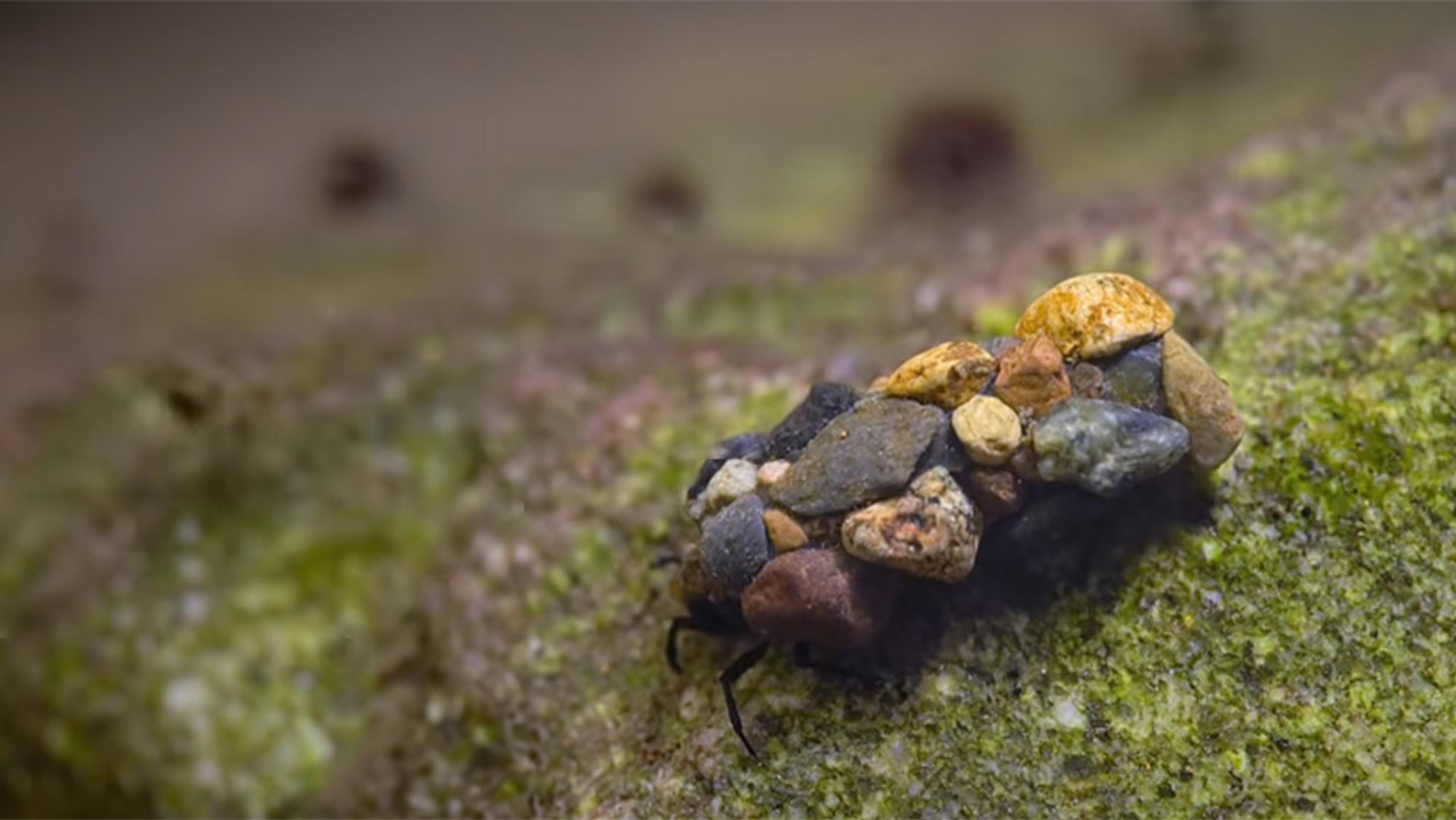
videoEvolution
When life is but a stream, insects need something extra-sticky to survive
4 minutes

videoEvolution
Slime trails and ‘love darts’ – on the strange, slow skirmishes of snail sex
4 minutes

videoBiology
An ode to the humble rotifer – one of nature’s simplest and strangest creatures
9 minutes
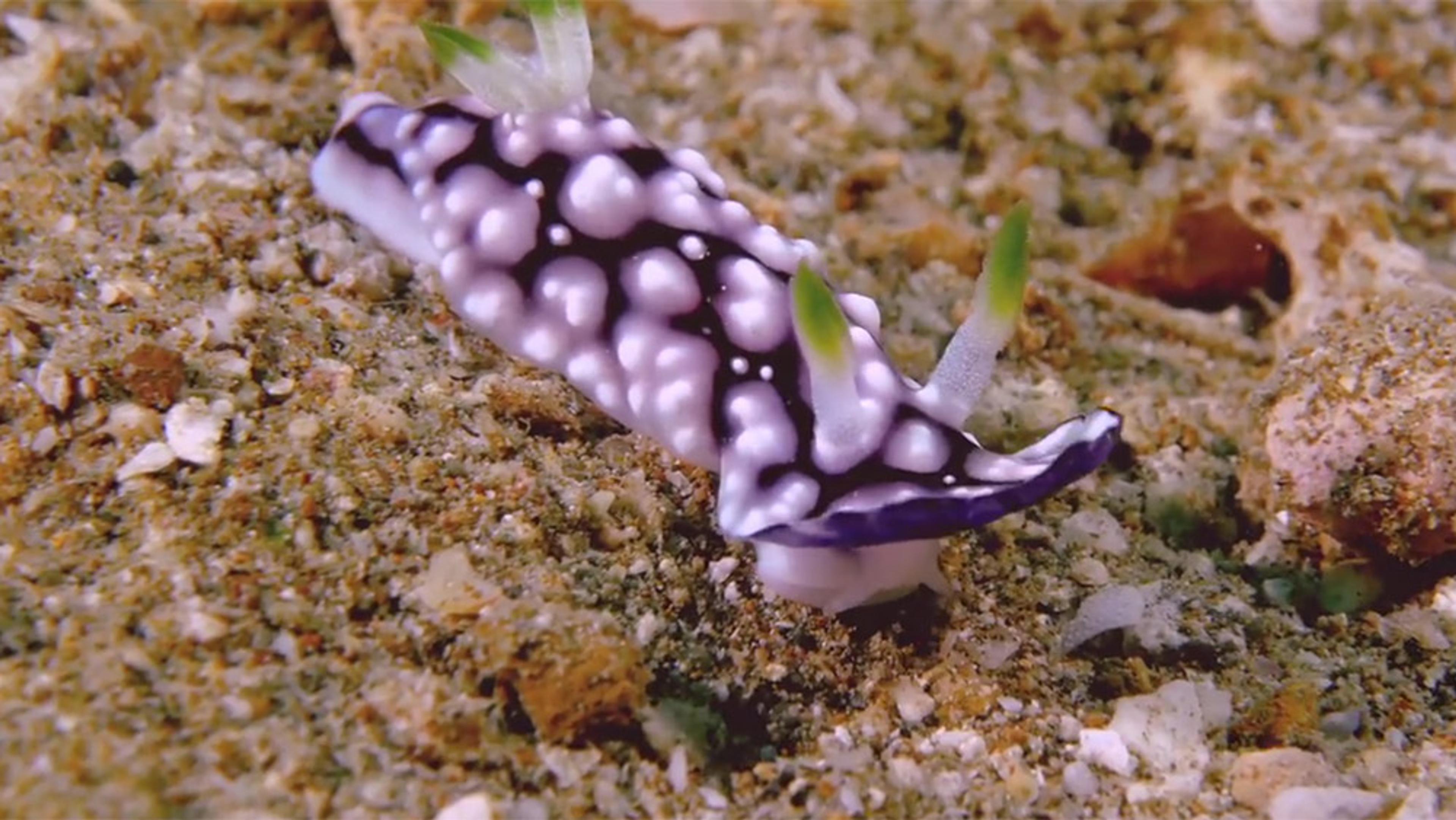
videoBiology
Far from sluggish: the remarkable sea creature that weaponises its dinner
4 minutes

videoBiology
A spectacular, close-up look at the starfish with a ‘hands-on’ approach to parenting
5 minutes
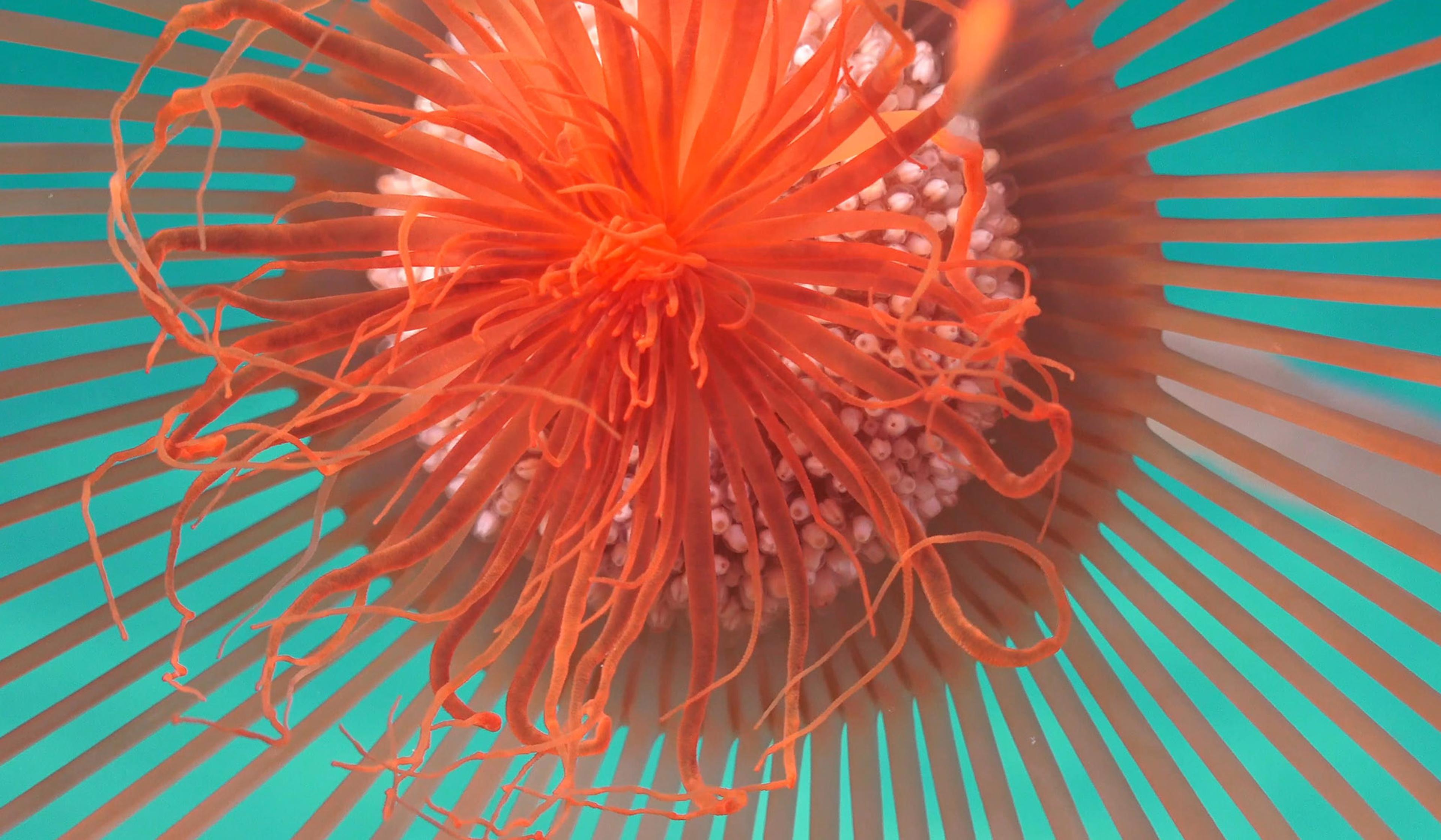
videoOceans and water
See what no human eyes have seen before, deep in the sea off Western Australia
5 minutes
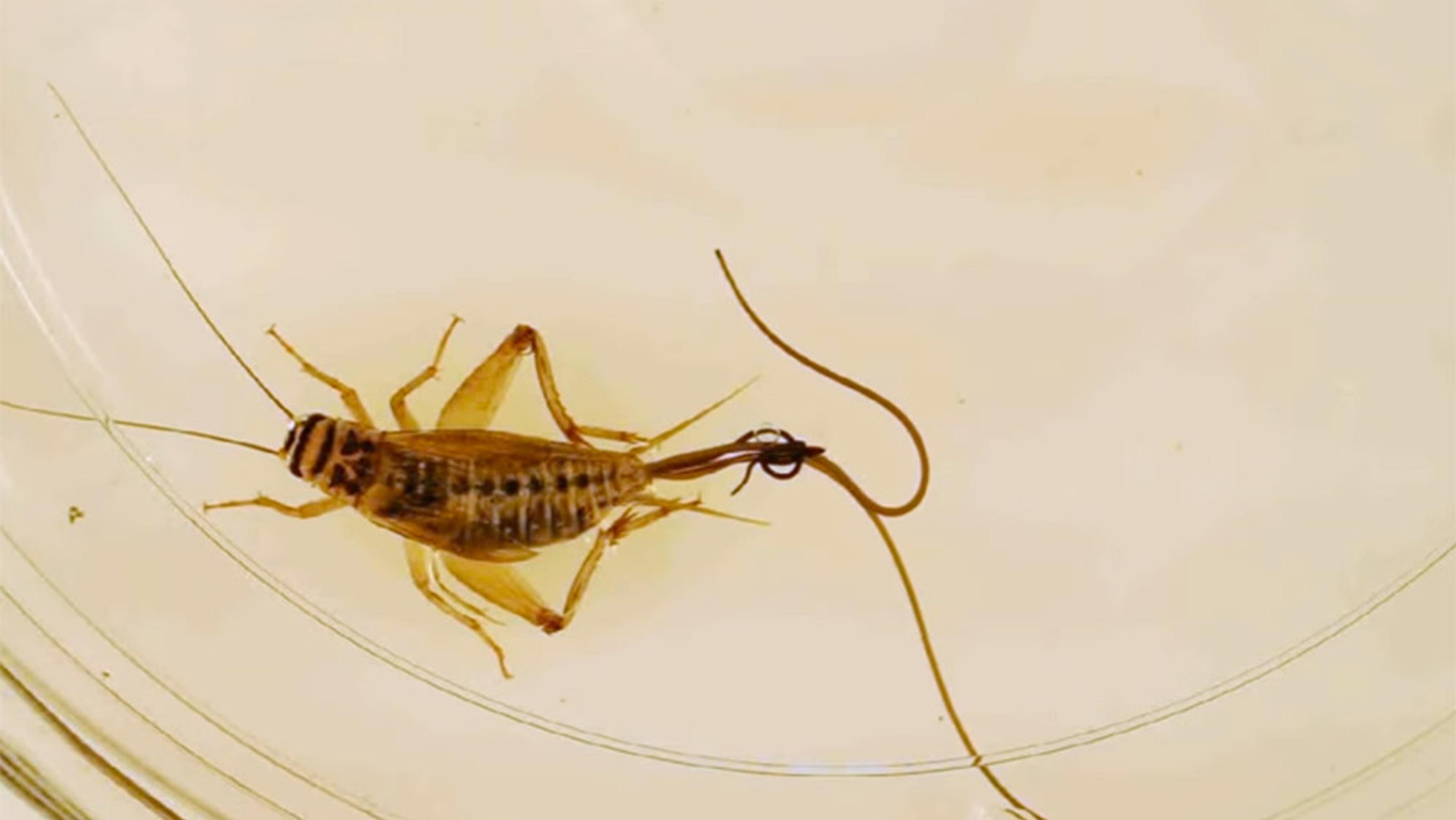
videoBiology
Mind control and zombification do exist. Just look at these crickets
5 minutes
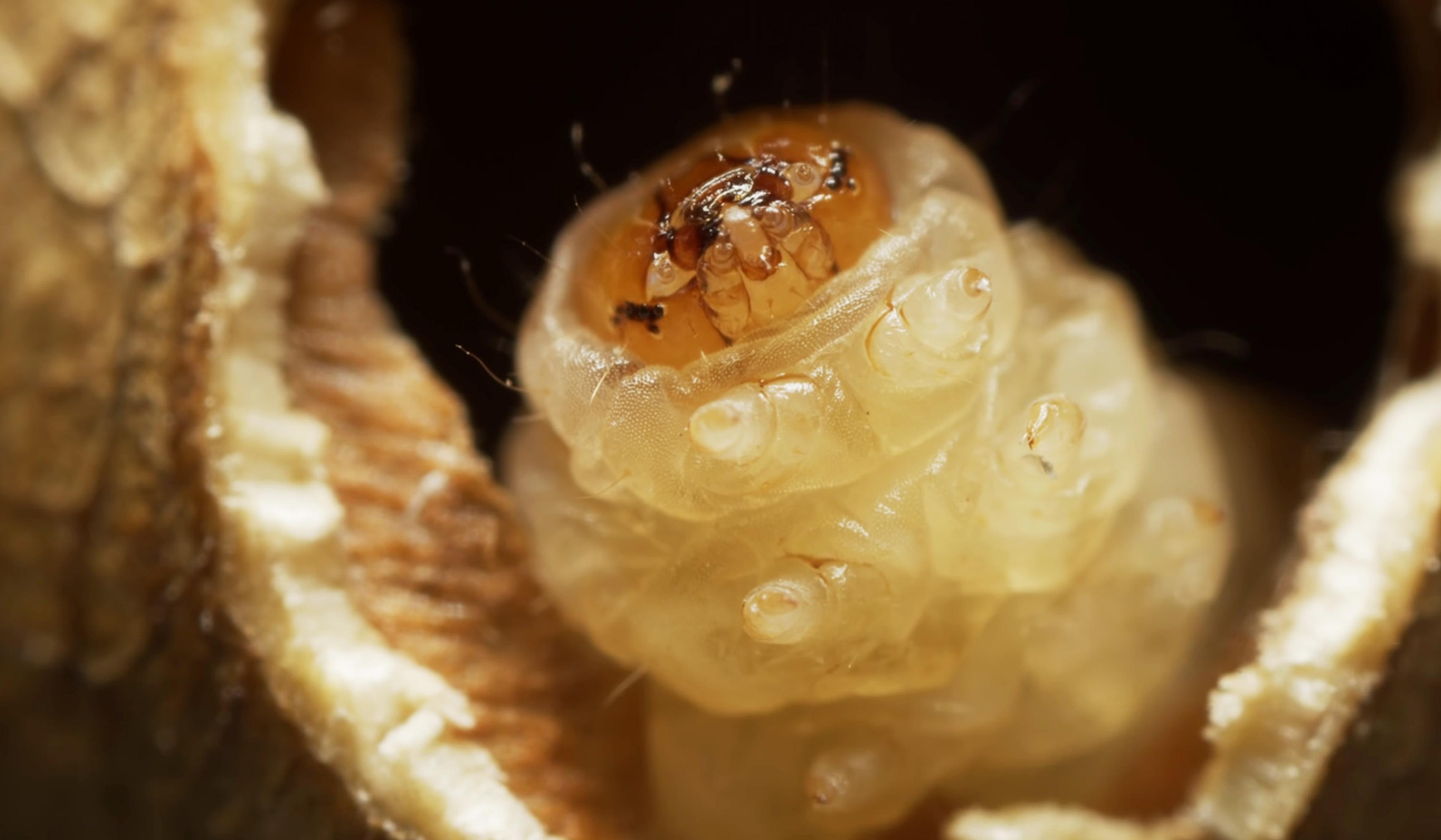
videoEcology and environmental sciences
How moth larvae carve out cozy, mobile homes inside Mexican jumping beans
4 minutes